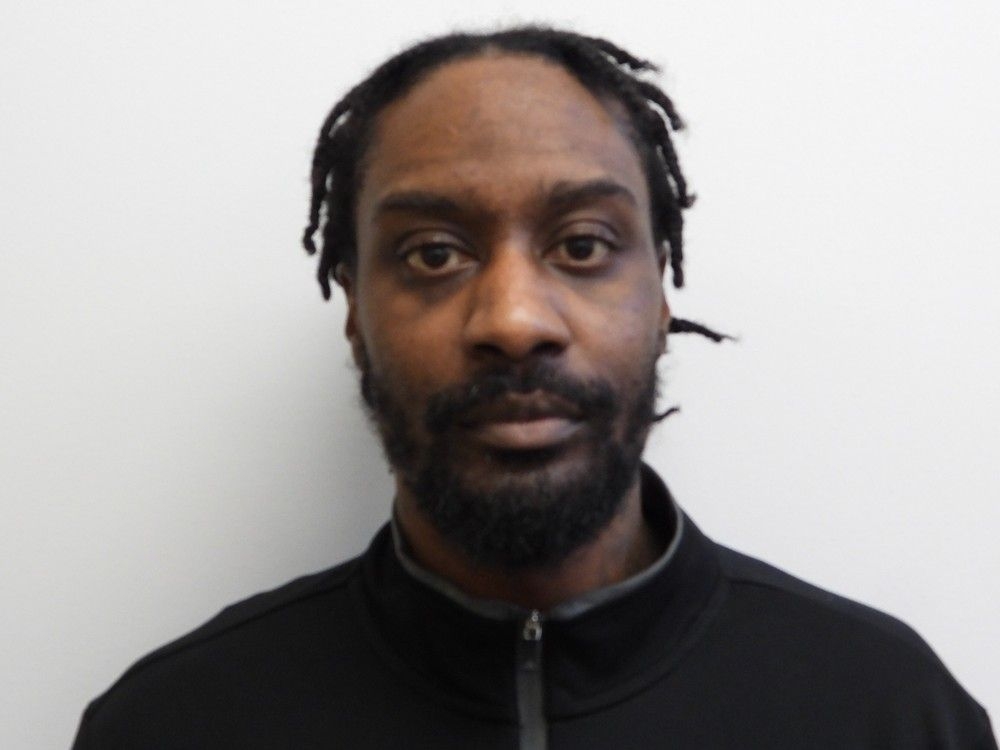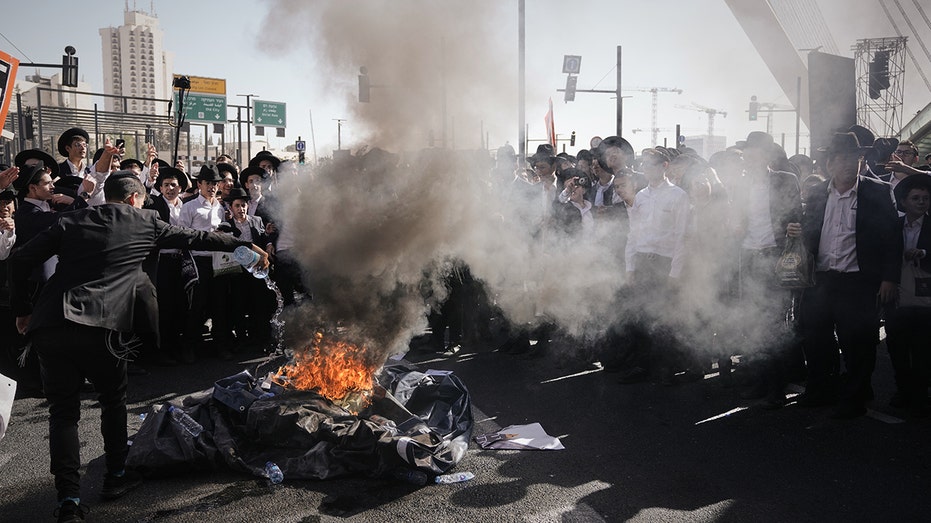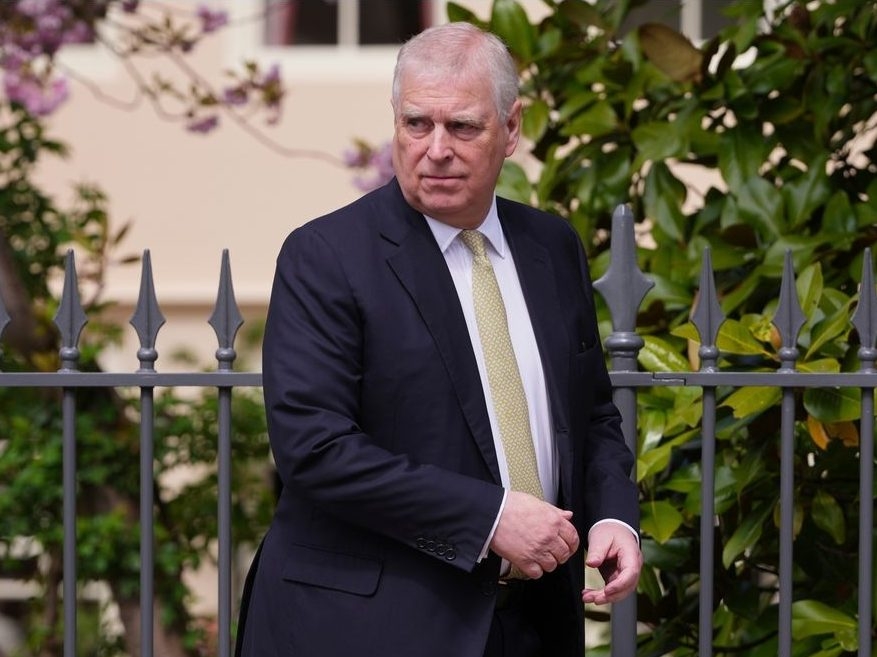A chilling decision from a Swedish appeals court has unleashed a firestorm of outrage, exposing deep fractures within the nation’s justice system. Yezied Mohamed, an Eritrean national convicted of raping a sixteen-year-old girl, will not be deported. The reason? The court shockingly determined the assault wasn’t “exceptionally grave” enough to warrant expulsion.
The case, unfolding in the northern town of Skellefteå, centers on a brutal act committed on September 1, 2024. Mohamed received a three-year sentence, yet the court’s rationale for allowing him to remain in Sweden has ignited a national crisis. Details revealed the court weighed the lack of a weapon and the relatively short duration of the attack – factors that ultimately swayed their decision.
Prime Minister Ulf Kristersson responded with a forceful video statement, promising immediate and sweeping changes. “No one should have to worry about meeting their attacker on the street,” he declared, vowing to enact the strictest deportation laws in Nordic history. His pledge: any crime beyond a simple fine will become grounds for removal from the country.
The court, through Judge Lars Viktorsson, defended its reasoning, stating the “nature and duration” of the act were carefully considered. Viktorsson acknowledged the significance of the timeframe, but insisted the specific characteristics of the offense held equal weight. This explanation has done little to quell the growing public fury.
The initial District Court ruling had inexplicably acquitted Mohamed, despite acknowledging the rape occurred. It was only after a determined appeal that the Court of Appeal overturned this decision, citing matching descriptions from the victim and a witness, alongside crucial forensic evidence linking him to the scene. Even then, the minimum sentence for rape – three years – was imposed, and deportation denied.
The decision’s wording, specifically referencing the “character and duration” of the assault, has become a focal point of intense criticism. Swedish journalist Christian Peterson explained that the judges’ subjective assessment of severity is at the heart of the controversy. It’s a ruling that feels profoundly unjust to many.
A viral post by Swedish commentator Evelina Hahne, viewed millions of times and amplified by Elon Musk, accused Swedish courts of exhibiting undue leniency towards migrants. This ignited a nationwide debate about crime, immigration, and the very principles of justice. The case has become a symbol of a perceived imbalance – a system seemingly prioritizing the rights of offenders over the safety of victims.
This isn’t an isolated incident. Peterson points to other disturbing cases, including the 2016 murder of Elin Krantz and recent reports of sexual assaults in elderly care facilities committed by foreign-born workers. These events underscore a broader struggle: Sweden’s documented difficulty in deporting migrants, even those convicted of serious crimes.
Meaningful reform only began to materialize after a right-wing coalition assumed power in 2022, a shift acknowledging the growing public concern. Yet, Sweden remains hesitant to fully embrace initiatives like the Danish-Italian effort to reform the European Convention on Human Rights – a convention critics argue hinders necessary deportations.
As anger continues to escalate, the Swedish government faces mounting pressure to deliver on its promises. The demand for justice, for victim safety, and for a system that truly protects its citizens has reached a fever pitch. The future of Sweden’s immigration and justice policies hangs in the balance.






